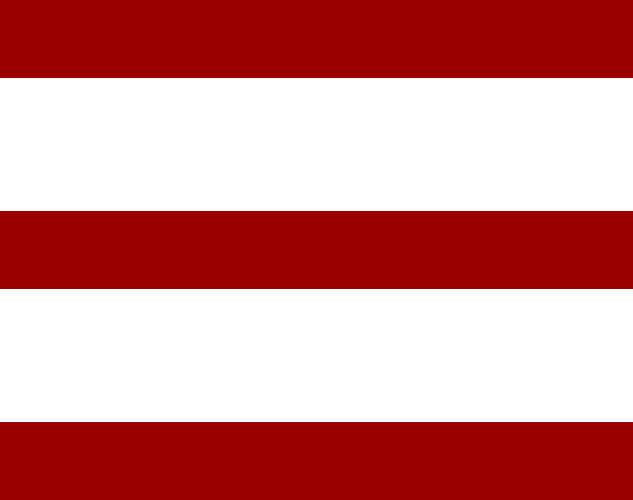學(xué)者觀點(diǎn)
 學(xué)者觀點(diǎn)
學(xué)者觀點(diǎn)

Abstract. In this article, I outline a reading of Mei in the Zhuangzi, taken to mean “beauty” or “the beautiful.” There is a possible anach- ronism involved in such an approach because mei is not central to Zhuangzi’s thinking. Nonetheless, I will argue that interesting points of relevance between Zhuangzi’s comments on mei and contemporary theories of beauty can be found and that an intercultural interpretation of mei and the beautiful can shed light on aspects of both traditional Chinese aesthetics and contemporary Western aesthetics by placing the two in conversation with one another. Zhuangzi seems to support neither relativism nor universalism in his understanding of beauty, though he touches on both relativist and universalist ideas. I argue there are certain superficial similarities between Zhuangzi’s aesthetics and positive aesthetics. But, on a deeper level, Zhuangzi advocates a form of negative aesthetics that is not dissimilar from those already prominent in contemporary Continental aesthetics, such as Christoph Menke, Gernot Bo?hme, and Franc?ois Jullien. In this way, I highlight points for dialogue between Zhuangzi’s theory of beauty and contem- porary discourse, as well as the ramifications of these ideas for thinking about the future of aesthetic education.